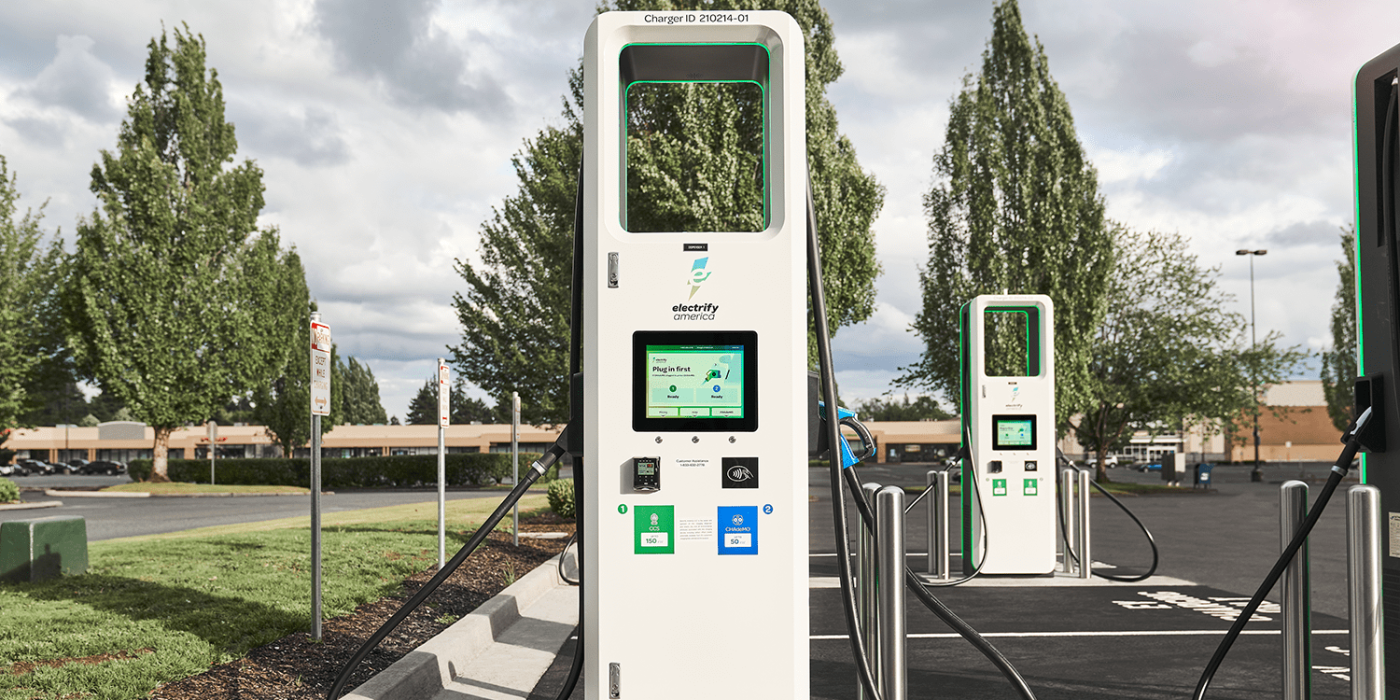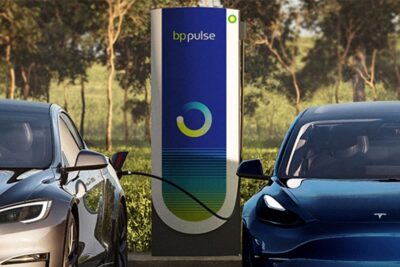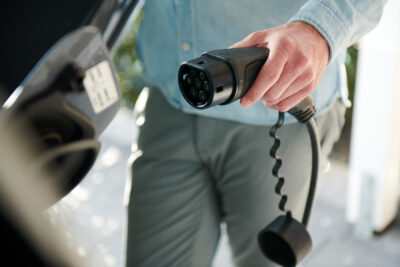CEC launches incentive project to expand fast-charging in California
The California Energy Commission (CEC) has launched a $30 million incentive project to bring fast EV charging stations to 30 counties in Eastern California, the Central Valley and the Central Coast.
++ This article has been updated. Please continue reading below. ++
The project has opened its books and applications are due by March 10. The project then aims to bring fast-charging stations to disadvantaged, low-income and tribal communities. Specifically, projects that are “shovel-ready” will be prioritized for funding to accelerate the build-out of the state’s infrastructure network as fast as possible.
Requirements to qualify for the project include that the charger must be at least capable of a 150 kW DC charge, with at least four chargers per site, with an allowance of receiving funding for up to 20 charging stations. In addition, the chargers must be available for public use within 15 months of application approval. Projects that qualify will receive cost-sharing benefits at 50% to encourage private investment.
“This new model is designed to deploy charging infrastructure swiftly and equitably to make sure every EV driver feels confident they can refuel, and that need is especially critical in rural, low-income and tribal communities,” said CEC Commissioner Patty Monahan. “These funds will help fill the gap in areas where we know charging is needed the most to bring the benefits of clean transportation to all Californians.”
The state of California has been investing significant amounts in charging infrastructure lately, with a pot of $2.9 billion announced in December for zero-emissions vehicle infrastructure. Only a month before, a $2.6 billion investment was announced to decarbonise transport. Just days before that announcement, a five-year programme was announced to invest $1 billion in public EV charging facilities. This is all part of a coordinated ramp-up to ban the sale of new internal combustion engine vehicles in 2035, however, the ban was softened to allow for plug-in hybrid vehicles with at least 80 km range.
Update 13 September 2023
The California Energy Commission has opened applications for a funding pot worth $38 million in equity-focused incentives to fund public EV charging stations in low-income and disadvantaged communities across 28 counties in northern and southern California. The rebates are part of the California Electric Vehicle Infrastructure Project (CALeVIP), the US’s largest EV charging incentive initiative. This is the second phase of CALeVIP’s Golden State Priority Project, which offers funding for DC charging stations. A first phase of incentives was offered earlier this year in California’s eastern and central regions.
energy.ca.gov, energy.ca.gov (update)





0 Comments